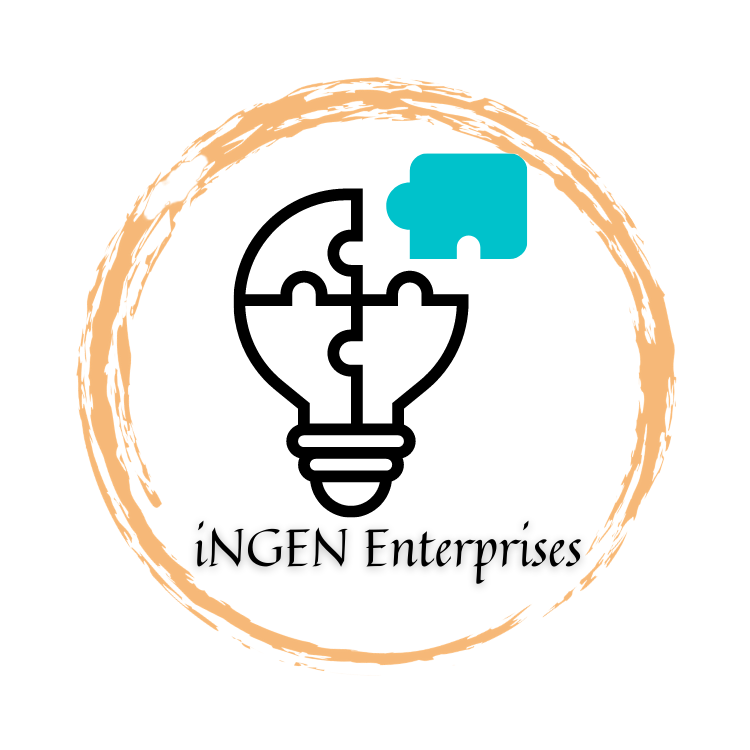In the pursuit of personal and professional growth, gaining personal insight into our lives can be a transformative journey. Strategic personal insight involves deep understanding, clarity of purpose, and intentional decision-making to navigate life’s complexities with purpose and direction. In this article, we’ll explore what strategic personal insight is, how to develop a personal strategy, and how to apply strategic management principles to achieve our goals and aspirations.
What is Strategic Personal Insight?
Strategic personal insight is the ability to gain a deep understanding of oneself, one’s goals, and the environment in which one operates. It involves identifying strengths, weaknesses, opportunities, and threats to make informed decisions and take purposeful actions. Strategic personal insight empowers individuals to align their actions with their values, vision, and long-term objectives, leading to greater fulfillment and success.
Now, one of the most invaluable tools for individuals seeking deeper insights into their behaviors, preferences, and motivations is the personality tests. These assessments offer a glimpse into our unique traits and tendencies, helping us understand ourselves better and make informed decisions in various aspects of our lives. In this article, we’ll delve into the world of personality tests, explore how to develop a personal strategy, and reveal how to apply strategic management in our lives.
What is a Personality Test?
A personality test is a standardized assessment tool designed to evaluate various aspects of an individual’s personality, including traits, strengths, weaknesses, and behavioral patterns. These tests are based on psychological theories and research and are often used in personal development, career counseling, and team building. By answering a series of questions or scenarios, individuals can gain insights into their personality characteristics and tendencies.
Three of the most commonly used personality tests are:
- Myers-Briggs Type Indicator (MBTI): One of the most widely known personality tests, the MBTI assesses individuals based on four dichotomies: Extraversion vs. Introversion, Sensing vs. Intuition, Thinking vs. Feeling, and Judging vs. Perceiving. It categorizes individuals into one of 16 personality types, providing insights into communication styles, decision-making processes, and interpersonal dynamics.
- Big Five Personality Traits: Also known as the Five-Factor Model, this assessment measures individuals across five dimensions: Openness, Conscientiousness, Extraversion, Agreeableness, and Neuroticism (OCEAN). The Big Five model provides a comprehensive overview of an individual’s personality, covering a broad range of traits and behaviors.
- DISC Assessment: The DISC assessment categorizes individuals into four behavioral styles: Dominance, Influence, Steadiness, and Conscientiousness. It focuses on understanding how individuals interact with others, make decisions, and approach tasks. The DISC model is often used in team dynamics, leadership development, and conflict resolution.
Personality tests offer valuable insights into our unique traits, tendencies, and behaviors, empowering us to better understand ourselves and navigate life’s challenges with confidence and clarity. Whether you’re exploring career options, seeking personal growth, or enhancing team dynamics, these assessments can serve as powerful tools for self-discovery and development. By exploring the world of personality tests and leveraging the most accurate options available, you can unlock your full potential and thrive in all aspects of your life.
Developing a Personal Strategy
Developing a personal strategy begins with self-reflection and introspection. It’s about asking ourselves the tough questions and being honest about our aspirations, limitations, and areas for growth. Here are some steps to develop a personal strategy:
- Define Your Vision: Clarify what you want to achieve in the short-term and long-term. Your vision serves as a guiding light that informs your decisions and actions.
- Set SMART Goals: Establish specific, measurable, achievable, relevant, and time-bound goals that align with your vision. Break down larger goals into smaller, actionable steps to make progress consistently.
- Identify Strengths and Weaknesses: Conduct a SWOT (Strengths, Weaknesses, Opportunities, Threats) analysis to assess your internal strengths and weaknesses, as well as external opportunities and threats.
- Create an Action Plan: Develop a detailed action plan outlining the steps you need to take to achieve your goals. Consider potential obstacles and challenges and brainstorm strategies to overcome them.
- Seek Feedback and Adjust: Regularly evaluate your progress and seek feedback from trusted mentors, peers, or coaches. Be open to adjusting your strategy based on new insights and changing circumstances.
Applying Strategic Management in Your Life
Applying strategic management principles to your life involves adopting a proactive and systematic approach to decision-making and problem-solving. Here’s how you can apply strategic management in your life:
- Prioritize: Identify your most important goals and focus your time and energy on activities that align with them. Learn to say no to distractions and low-priority tasks.
- Anticipate and Plan: Anticipate potential challenges and develop contingency plans to mitigate risks. Planning ahead allows you to stay ahead of the curve and adapt to changing circumstances more effectively.
- Monitor and Evaluate: Regularly review your progress towards your goals and adjust your strategy as needed. Be mindful of feedback from your experiences and be willing to pivot if necessary.
- Continuous Learning: Invest in your personal and professional development through continuous learning and skill-building. Stay updated on industry trends and best practices to remain competitive and adaptable.
By applying strategic management principles to your life, you can make informed decisions, seize opportunities, and overcome challenges with confidence and resilience.
Conclusion
In conclusion, unlocking strategic personal insight is a journey of self-discovery, growth, and empowerment. By developing a personal strategy and applying strategic management principles, individuals can navigate life’s complexities with clarity, purpose, and intentionality. It’s about gaining a deep understanding of oneself and the world around us, and using that insight to achieve our goals and aspirations. Ready to embark on this transformative journey? Start today by contacting the iNGEN Enterprise team and unlock your full potential!


